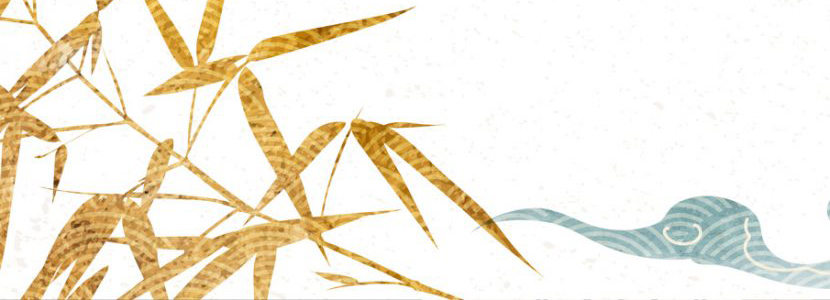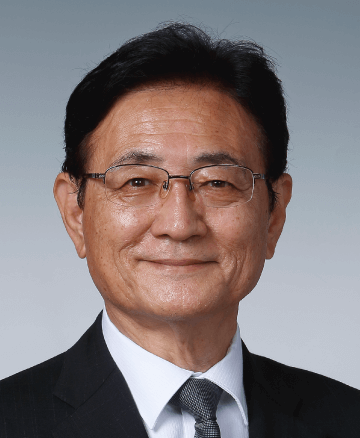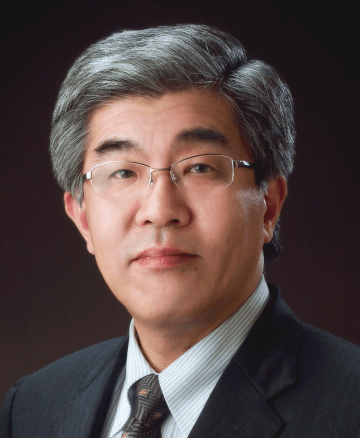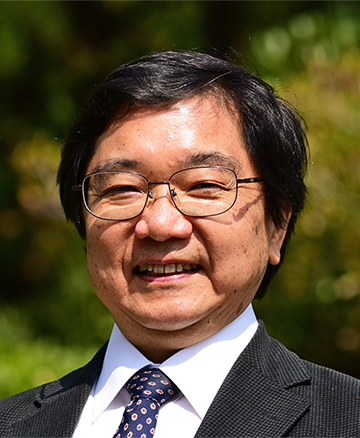Messages

Message from the President
Nagahiro Minato
President, Kyoto University

At a time when the structures of societies and industry around the world are undergoing major changes, the promotion of science, technology, and innovation is essential for Japan’s sustainable development as a producer of science and technology. Faced with a rapidly declining birthrate and aging population, it has become vital for Japan’s research universities to continue cultivating outstanding researchers who will become the nation’s future science and technology leaders.
Against this backdrop, in 2019, the Ministry of Education, Culture, Sports, Science and Technology (MEXT) launched the Program for the Strategic Cultivation of Global Researchers. The program aims to support the strategic development of outstanding researchers at universities by developing programs and organizational systems that will foster human capital who can play an active role as world-class researchers.
With funding from MEXT’s Building of Consortia for the Development of Human Resources in Science and Technology Program, Kyoto University has already established the Keihanshin Consortium for Fostering the Next Generation of Global Leaders in Research (K-CONNEX), which strategically secures and fosters the next generation of outstanding early-career researchers. Based on those achievements and experiences, in the 2019 academic year, the university submitted a proposal to MEXT for the Program for the Development of Next-generation Leading Scientists with Global Insight (L-INSIGHT). The program was selected to receive funding, and over the next ten years it will vigorously develop, demonstrate, and diffuse human resource development programs for early-career researchers in collaboration with various partner institutions, including domestic and overseas education/research institutions and companies.
As has been pointed out by the government for some time, the declining number of early-career instructors and researchers at universities is a matter of great concern with regards to maintaining and strengthening the research capacity of Japanese universities in the future. Kyoto University takes this issue very seriously, and has adopted diverse measures, such as prioritizing the employment of early-career faculty members. It is also of particular importance to seek ways of enhancing the research environment for early-career instructors and researchers at universities. This will require not only the improvement of physical research facilities, but also the establishing and supporting environments that enable researchers to develop their skills as independently-functioning principal investigators (PIs).
In cooperation with MEXT, the Japan Science and Technology Agency (JST), and other relevant institutions, L-INSIGHT will enable Kyoto University to contribute to the evolution and expansion of researcher development programs in Japan, and to fostering the next generation of outstanding ECRs.
Message from the Executive Vice-President
Norihiro Tokitoh
Executive Vice-President, Kyoto University

Circumstances for early-career researchers (ECRs) have become increasingly severe in recent years. Even with universities implementing their own early-career researcher development programs, it is difficult for ECRs to develop their careers due to decreased basic funding, unstable employment, and increased non-research duties. In this context, I feel that Kyoto University’s Program for the Development of Next-generation Leading Scientists with Global Insight (L-INSIGHT) is much needed. The program fosters early-career researchers with highly developed international capabilities and industry-academia collaboration skills, while helping them to develop their individual qualities. It is funded by the Ministry of Education, Culture, Sports, Science and Technology (MEXT)’s Program for the Strategic Cultivation of Global Researchers, which aims to foster human capital for science and technology.
To nurture the next generation of researchers and genuine leaders in Japan, initiatives such as this program, which provides a network and platform that can be easily accessed by highly-motivated ECRs with world-class capabilities, and which promotes active exchange and mutual understanding, are increasingly essential. There can be no doubt that the early establishment of personal, trans-disciplinary networks among the same generation of outstanding researchers in Japan and abroad will broaden their perspectives and serve as a foundation for their future activities in their respective fields of specialization.
I anticipate, that with the continued support of MEXT, the Japan Science and Technology Agency (JST), and other relevant institutions, L-INSIGHT will make a significant contribution to the development of young researchers in Japan.
Message from the Director
Fuyuki Ishikawa
Unit Leader / Program Manager, Kyoto University

Excellent researchers can develop a hypothesis with an original insight. Based on the hypothesis, they carry out experiments and observations, publishing the results globally to improve and strengthen the hypothesis by incorporating critical comments from researchers around the world. This process, I think, is similar to that of carving a sculpture: it requires observing an object from multiple angles to bring it closer to perfection. Likewise, researchers can only improve their individual idea by incorporating opinions and perspectives of their global colleagues who have different academic experiences, cultures, and ways of thinking. It is, therefore, critical for researchers to expose themselves to a large number of audiences, to lead constructive discussions, and to be openminded and skilled at revising their hypothesis.
In Japan, lots of researchers, no matter how excellent they may be, are not trained to engage in constructive discussions because they have language and geographical barriers, or further worse, melanic hesitation to speak out in front of others. The ” Program for the Development of Next-generation Leading Scientists with Global Insight (L-INSIGHT)” recruits early- to mid-career researchers as its fellows who wish to be active in the world. The program offers opportunities for them to learn how world-class researchers practice their research, how they apply logic to their research design, and how they maintain a work-time balance in their lifestyles. Its ultimate goal is to let them be emersed in diverse environments and apply what they have learned to their own research practices. We hope that this program will produce more researchers who can be active in the world.
